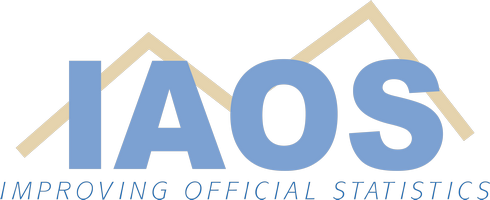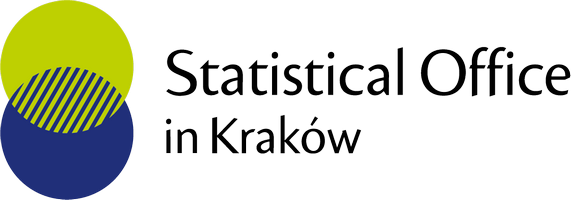| Status | Name | Country/affiliation | Title of the contribution | Brief summary |
|---|---|---|---|---|
| Chair | Roeland Beerten | Belgium | ||
| Speaker | Ms. Ágnes Patay | Hungary | Integration of administrative databases and development of a new Farm Register for Agricultural Census 2020 in Hungary | "Hungarian Central Statistical Office started to modernise agricultural statistics in 2018 to reduce required resources and burden on respondents. Available administrative databases were identified, and evaluated whether they contain relevant and good quality information. Linkage of 7 different administrative databases raised many difficulties: - there was no unique farm ID to be used as key, - record linkage had to be done many times by comparing names and addresses, - frequently the link was not 1 to 1 as administrative databases store persons not farms, - databases store different addresses and names, - linked units might have become complicated graphs, that needed to be split up The result of the work was used as a frame for Agricultural Census 2020, beside that a completely new Farm Register software was developed. The presentation will discuss the challenges of database linkages and benefits of updated information in the Farm Register application." |
| Speaker | Mr. Olivier Haag | France | Setting up statistical registers of individuals and dwellings in France | "In order to rationalize a more massive use of administrative data in the production of demographic and social statistics, the French national statistical institute (INSEE) has decided to launch the Résil program (Individual and housing statistical registers). The goal of this program is to create a system of individual, housing and household registers based on the mobilization of external data, particularly administrative data, in strict compliance with the conditions of individual data protection. Thus, through these registers, INSEE will have a reference universe that will allow: • to constitute the sampling frames as well as the calibration margins for household surveys; • to measure the quality of coverage of sources; • to match different datasets : surveys with administrative data, administrative data to administrative data in order to provide a richer information." |
| Speaker | Ms. Agne Bikauskaite | Backbone for the European business and macroeconomic statistics: European statistical business register as unique and main data source | "The DGINS emphasised role of high quality and up-to-date statistical business registers (SBR) as a necessary infrastructure for coordination of statistical activities and exchange of data on MNE groups. Eurostat is currently making available a network of SBRs used for globalisation related statistics production and quality improvements in relation to coverage on complete set of information, harmonised methodologies and concepts. The necessary data exchange between SBRs and Eurostat is defined under EU Regulation 2019/2152 of the European Parliament and of the Council on European business statistics (EBS). EBS establishes European framework for SBRs and emphasises its backbone role for producing consistent business statistics. According to EBS Regulation article 8, the EuroGroups Regiter (EGR) shall be the authoritative source for deriving high quality and harmonised SBRs populations for the production of globalisation related European statistics. This article focuses on EGR system's role, functions, usability, quality and process improvements developed and achieved over the years." |
|
| Speaker | Dr. Jairo Castano | Colombia | The impact of the pandemic on censuses of agriculture: global overview | The paper reviews the impact of COVID-19 on censuses of agriculture both in developed and developing countries. The discussion shows that the least affected countries had improvements in national statistical systems, used various ICT solutions and administrative registers for data collection. |



| Cookie | Duration | Description |
|---|---|---|
| cookielawinfo-checkbox-analytics | 11 months | This cookie is set by GDPR Cookie Consent plugin. The cookie is used to store the user consent for the cookies in the category "Analytics". |
| cookielawinfo-checkbox-functional | 11 months | The cookie is set by GDPR cookie consent to record the user consent for the cookies in the category "Functional". |
| cookielawinfo-checkbox-necessary | 11 months | This cookie is set by GDPR Cookie Consent plugin. The cookies is used to store the user consent for the cookies in the category "Necessary". |
| cookielawinfo-checkbox-others | 11 months | This cookie is set by GDPR Cookie Consent plugin. The cookie is used to store the user consent for the cookies in the category "Other. |
| cookielawinfo-checkbox-performance | 11 months | This cookie is set by GDPR Cookie Consent plugin. The cookie is used to store the user consent for the cookies in the category "Performance". |
| viewed_cookie_policy | 11 months | The cookie is set by the GDPR Cookie Consent plugin and is used to store whether or not user has consented to the use of cookies. It does not store any personal data. |